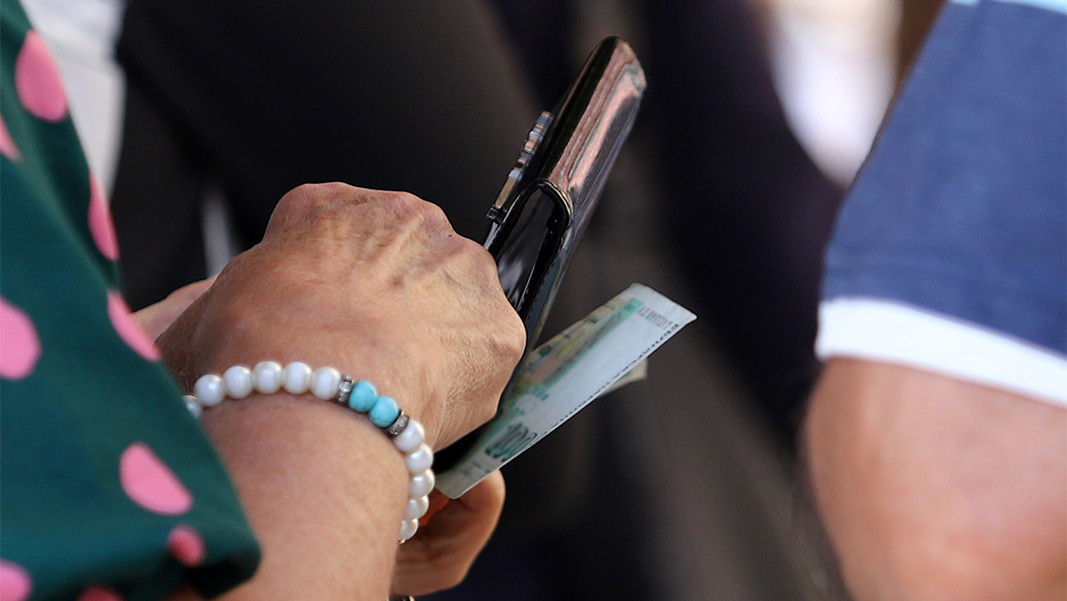The population of Bulgaria and especially the people with low socio-economic status are among the most vulnerable groups in the EU when it comes to climate change. There are a few reasons for this. There is a large share of poor people, with one out of five living below the poverty line. We must also take into account the geographical location and the lack of adaptation policies in the health and social sectors, aimed at poor people as one of the vulnerable groups during climate change, experts point out.
The serious changes in the climate and the longer periods of extreme heat waves throughout the country shows that this problem might get worse in the future.

"Poor people are more vulnerable to climate change. They are more likely to live in risky areas in terms of air pollution and more frequent heat waves. 70% of the poor in Bulgaria do not have air conditioning in their homes. Most often, the poor work outdoors - in agriculture, the service sector, etc., which also makes them more vulnerable,” Zornitsa Spasova, chief assistant at the National Center for Public Health and Analysis (NCPHA), says in an interview with BNR-Vidin.
The residents of the village of Gradets near Vidin also realise the fact that climate changes have a serious negative impact on their daily life:
"People can't afford to buy improvements like air conditioning and to live normally as European citizens. They live on the verge of misery during the heat waves,” a young woman says and gives an example: “My grandparents couldn't afford air conditioning. We had to buy it, as we can't leave them. But when it comes to others who are elderly and have heart problems or respiratory problems, one can say it is nearly impossible to survive in this heat."
"Not all of us can buy an air conditioner,” another resident of the village adds. "I have two sick children, as one has a mental disorder and my pension is 150 euros. How could my daughter who is 26 years old and has mental disorder buy an air conditioner and medicines? She couldn't even buy food if it was not me."

We can still "hide" in the shades from the heat but there are consequences that cannot be ignored. Zornitsa Spasova of the National Center for Public Health and Analysis draws attention to the fact that changes in the climate also affect food products. According to her, inflation due to climate change would be 3% per year until 2035. An important fact is that the largest share of the monthly incomes in Bulgaria goes for food - 34.9% compared to 21.2% on average in Europe.
Text: Yoan Kolev /based on articles by Yordanka Petrova, BNR Vidin/
Publication in English: Al. Markov
Photos: Pixabay, BGNES
Everyone knows that as soon as temperatures start going down it is pickle-making season. Making preserves at home is a time-honoured and widespread tradition in this country, and, in this season, practically every family in Bulgaria sets about making..
Under the motto "Responsibility, Unity and Security" on November 5 and 6, 2025, a German-Bulgarian seminar for journalists and public figures was held in the Hyatt Regency Sofia Hotel. The organizers were the European Academy in..
The European Commission praise s Montenegro’s progress toward EU membership North Macedonia needs decisive action and reforms to begin negotiations with the EU, according to the European Commission’s annual report on the progress of..
Under the motto "Responsibility, Unity and Security" on November 5 and 6, 2025, a German-Bulgarian seminar for journalists and public..
On 27 October, the first meeting of Action CA-24150 “Values in Turbulent Times: Navigating Social Change and Challenges (VISTA)” took place in Brussels...
The European Commission praise s Montenegro’s progress toward EU membership North Macedonia needs decisive action and reforms to begin..

+359 2 9336 661
